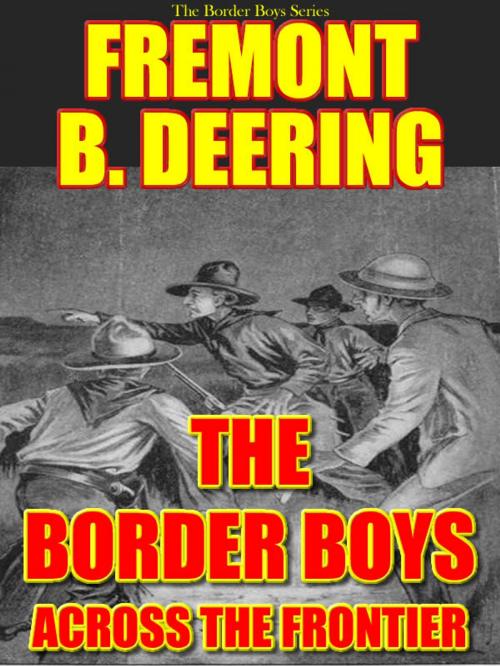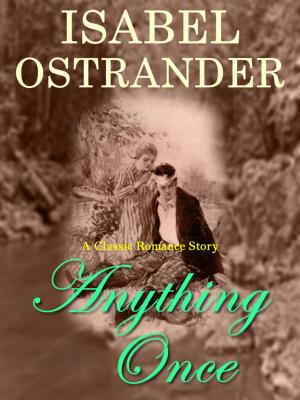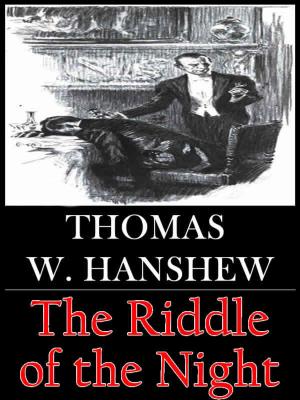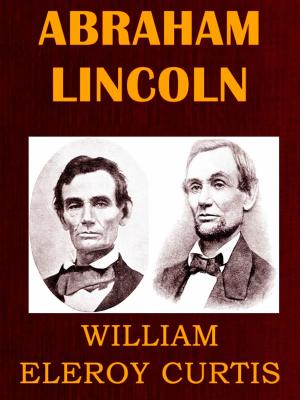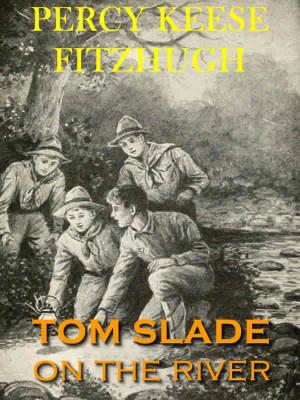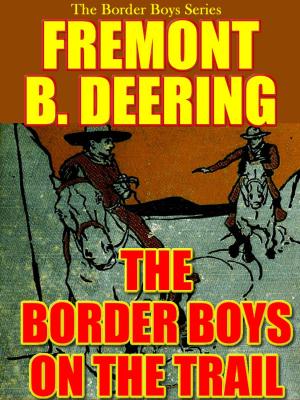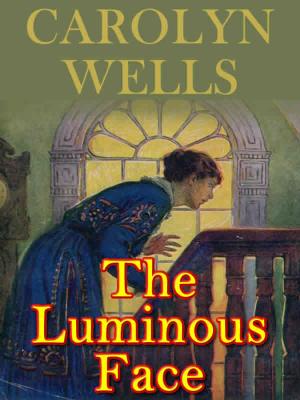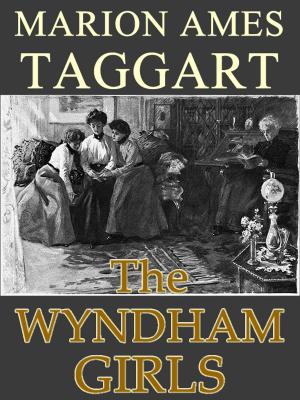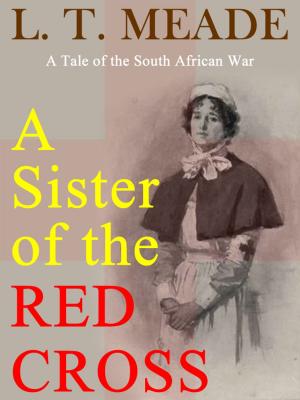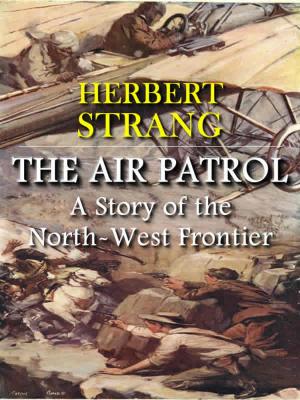The Border Boys Across the Frontier
Kids, Fiction, Action/Adventure, Teen, Fiction & Literature, Literary| Author: | Fremont B. Deering | ISBN: | 1230001022834 |
| Publisher: | T.M. Digital Publishing | Publication: | April 6, 2016 |
| Imprint: | Language: | English |
| Author: | Fremont B. Deering |
| ISBN: | 1230001022834 |
| Publisher: | T.M. Digital Publishing |
| Publication: | April 6, 2016 |
| Imprint: | |
| Language: | English |
"Can you make out any sign of the mesa yet, Pete?"
The speaker, a sun-bronzed lad of about seventeen, mounted on a bright bay pony with a white-starred forehead, drew rein as he spoke. Shoving back his sombrero, he shielded his eyes from the shimmering desert glare with one hand and gazed intently off into the southwest.
"Nope; nary a speck, so fur. Queer, too; we ought to be seein' it by now."
Coyote Pete, as angular, rangy and sinewy as ever, gazed as intently in the same direction as the lad, Jack Merrill, himself. The pause allowed the remainder of the party to ride up. There was Ralph Stetson, a good deal browner and sturdier-looking than when we encountered him last in "The Border Boys on the Trail"; Walt Phelps, the ranch boy, whose blazing hair outrivaled the glowing sun; and the bony, grotesque form of Professor Wintergreen, preceptor of Latin and the kindred tongues at Stonefell College, and amateur archaeologist. Lest they might feel slighted, let us introduce also, One Spot, Two Spot and Three Spot, the pack burros.
"I always had an idea that the Haunted Mesa formed quite a prominent object in the landscape," put in Professor Wintergreen, referring to a small leather-bound book, which he had just taken from one of his saddle-bags.
"And I always had an idea," laughed Ralph Stetson, "that a landscape meant something with brooks and green trees and cows and—and things, in it."
The young son of "King Pin" Stetson, the Eastern Railroad King, looked about him at the gray desert, above which the sun blazed mercilessly down with all the intensity of a burning glass. Here and there were isolated clumps of rank-odored mesquite, the dreariest looking gray-green bush imaginable. The scanty specimens of this variety of the vegetable life of the desert were interspersed here and there by groups of scraggly, prickly cacti. Across such country as this, the party had been making its way for the past day and a half,—ever since, in fact, they had left behind them the foothills of the Hachetas, where, as we know, was located the ranch of Jack Merrill's father, and had entered the dry, almost untravelled solitudes of the Playas.
Jack Merrill consulted a compass that was strapped to his wrist.
"Well, we're keeping steadily in the right direction," he said. "Nothing for it but to keep on going; eh, Pete?"
"When yer cain't turn back, 'keep on goin's' a good word," assented the philosophical cow-puncher of the Agua Caliente, stroking his sun-bleached yellow moustache and untangling a knot in his pony's mane.
"It's up to us to get somewhere where there is water pretty quick," put in Walt Phelps; "the last time I hit the little drinking canteen I noticed that there wasn't an awful lot left in the others."
"No, and the stock's feelin' it, too," grunted Pete, digging his big, blunt-roweled spurs into his buckskin cayuse.
Followed by Jack on his Firewater, the professor on his queer, bony steed as angular as himself, Ralph on Petticoats—of exciting memory,—and Walt Phelps on his big gray, they pushed on.
The heat was blistering. In fact, to any one less accustomed to the arduous intensity of the sun's rays in this part of the country, it would have proved almost insupportable. But our party was pretty well seasoned by this time.
All of them wore the broad, leather-banded sombreros of the plainsmen except Professor Wintergreen, who had invested himself in a gigantic pith sun-helmet, from beneath which his spectacled countenance peered out, as Ralph said, "Like a toad peeking out from a mushroom." For the rest, the boys wore leather "chaps," blue shirts open at the neck, with loosely knotted red handkerchiefs about their throats. The latter were both to keep the sun off the back of their necks and to serve as protection for their mouths and nostrils against the dust in case of necessity,—as for example, when they struck a patch of burning, biting alkali. Of this pungent stuff, they had already encountered one or two stretches, and had been glad to muffle up the lower part of their faces as they rode through it.
...Read more from the book... Enjoy
"Can you make out any sign of the mesa yet, Pete?"
The speaker, a sun-bronzed lad of about seventeen, mounted on a bright bay pony with a white-starred forehead, drew rein as he spoke. Shoving back his sombrero, he shielded his eyes from the shimmering desert glare with one hand and gazed intently off into the southwest.
"Nope; nary a speck, so fur. Queer, too; we ought to be seein' it by now."
Coyote Pete, as angular, rangy and sinewy as ever, gazed as intently in the same direction as the lad, Jack Merrill, himself. The pause allowed the remainder of the party to ride up. There was Ralph Stetson, a good deal browner and sturdier-looking than when we encountered him last in "The Border Boys on the Trail"; Walt Phelps, the ranch boy, whose blazing hair outrivaled the glowing sun; and the bony, grotesque form of Professor Wintergreen, preceptor of Latin and the kindred tongues at Stonefell College, and amateur archaeologist. Lest they might feel slighted, let us introduce also, One Spot, Two Spot and Three Spot, the pack burros.
"I always had an idea that the Haunted Mesa formed quite a prominent object in the landscape," put in Professor Wintergreen, referring to a small leather-bound book, which he had just taken from one of his saddle-bags.
"And I always had an idea," laughed Ralph Stetson, "that a landscape meant something with brooks and green trees and cows and—and things, in it."
The young son of "King Pin" Stetson, the Eastern Railroad King, looked about him at the gray desert, above which the sun blazed mercilessly down with all the intensity of a burning glass. Here and there were isolated clumps of rank-odored mesquite, the dreariest looking gray-green bush imaginable. The scanty specimens of this variety of the vegetable life of the desert were interspersed here and there by groups of scraggly, prickly cacti. Across such country as this, the party had been making its way for the past day and a half,—ever since, in fact, they had left behind them the foothills of the Hachetas, where, as we know, was located the ranch of Jack Merrill's father, and had entered the dry, almost untravelled solitudes of the Playas.
Jack Merrill consulted a compass that was strapped to his wrist.
"Well, we're keeping steadily in the right direction," he said. "Nothing for it but to keep on going; eh, Pete?"
"When yer cain't turn back, 'keep on goin's' a good word," assented the philosophical cow-puncher of the Agua Caliente, stroking his sun-bleached yellow moustache and untangling a knot in his pony's mane.
"It's up to us to get somewhere where there is water pretty quick," put in Walt Phelps; "the last time I hit the little drinking canteen I noticed that there wasn't an awful lot left in the others."
"No, and the stock's feelin' it, too," grunted Pete, digging his big, blunt-roweled spurs into his buckskin cayuse.
Followed by Jack on his Firewater, the professor on his queer, bony steed as angular as himself, Ralph on Petticoats—of exciting memory,—and Walt Phelps on his big gray, they pushed on.
The heat was blistering. In fact, to any one less accustomed to the arduous intensity of the sun's rays in this part of the country, it would have proved almost insupportable. But our party was pretty well seasoned by this time.
All of them wore the broad, leather-banded sombreros of the plainsmen except Professor Wintergreen, who had invested himself in a gigantic pith sun-helmet, from beneath which his spectacled countenance peered out, as Ralph said, "Like a toad peeking out from a mushroom." For the rest, the boys wore leather "chaps," blue shirts open at the neck, with loosely knotted red handkerchiefs about their throats. The latter were both to keep the sun off the back of their necks and to serve as protection for their mouths and nostrils against the dust in case of necessity,—as for example, when they struck a patch of burning, biting alkali. Of this pungent stuff, they had already encountered one or two stretches, and had been glad to muffle up the lower part of their faces as they rode through it.
...Read more from the book... Enjoy
